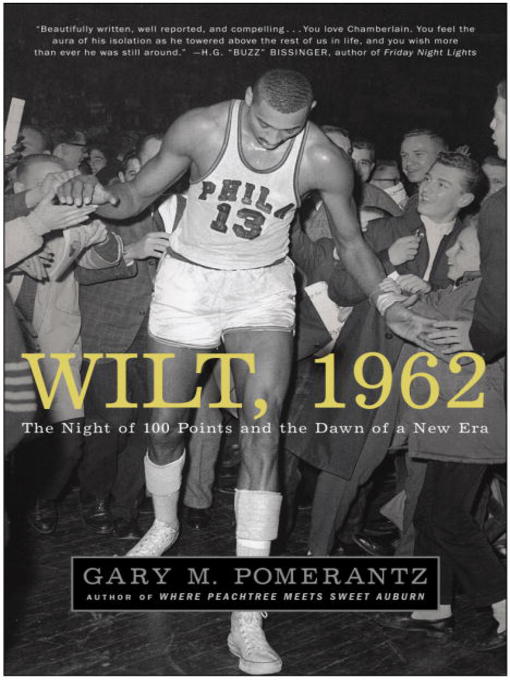- Available now
- New eBook additions
- New kids additions
- New teen additions
- Most popular
- Try something different
- Indie Authors
- See all ebooks collections
- Available now
- New audiobook additions
- New kids additions
- New teen additions
- Most popular
- Try something different
- Audiobooks for the Whole Family
- Great Narrators
- Audiobooks for your Commute
- See all audiobooks collections

